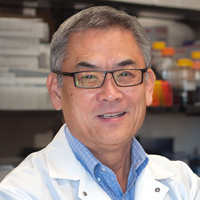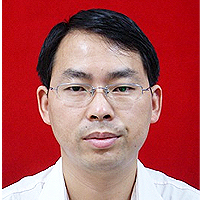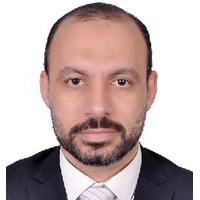Hypoglycemia by Ginseng in type 2 Diabetic Patient: Case Report
Published on: 9th February, 2017
OCLC Number/Unique Identifier: 7317650902
Ginseng extracts are often used as adaptogen to improve mental performances and well being, helping to overcome stress. Thus, in our times a lot of ginseng extracts are continuously produced and sold into commercial channels. Both Asian and Korean red ginseng (Panax ginseng) and American ginseng (Panax quinquefolius) are the most extensively used and researched. Both Panax ginseng and Panax quinquefolium contain different types of saponins, also known as ginsenosides, which are the substances that give ginseng medicinal properties. Human and animal studies showed that ginseng extracts can also have hypoglycemic effects. The mechanisms by which ginseng reduces blood glucose levels are unclear; some mechanisms have been proposed to explain its hypoglycemic effect, especially modulating effects on insulin sensitization and/or insulin secretion and regulating actions on digestion and intestinal absorption. We describe a case of hypoglycemia by ginseng in type 2 diabetic patient treated with oral hypoglycemic agents. Although, in order to provide better assessments of a sure anti-diabetic efficacy of ginseng, larger and longer randomized controlled clinical trials will be required, in our case we think that we have enough evidence to believe that the cause of hypoglycemia was ginseng. Obviously, this report should not be taken as a proof of the hypoglycemic effect of ginseng, nor it wants to be a suggestion to use ginseng in the treatment of diabetes; instead, it wants to be an alert for patients and clinicians to avoid hypoglycemia in daily clinical practice.
Exploring the Potential of Medicinal Plants in Bone Marrow Regeneration and Hematopoietic Stem Cell Therapy
Published on: 31st January, 2025
Blood cell production through hematopoiesis within the bone marrow serves both to maintain blood equilibrium and to respond to tissue injury and infectious demands. Hematopoietic stem cell (HSC) therapy developments have revolutionized medical treatment approaches for anemia leukemia and bone marrow failure caused by chemotherapy or radiation exposure. The therapeutic compounds present in medicinal plants have traditionally supported blood health and researchers now understand these plants could help regenerate bone marrow tissue. The analysis investigates how phytochemicals affect HSC proliferation and differentiation while supporting HSC survival. The medicinal plants Panax ginseng, Astragalus membranaceus, and Curcuma longa receive special attention for their documented ability to enhance hematopoiesis in preclinical and clinical settings. This review examines the challenges that include standardization issues, toxicity concerns, and regulatory barriers alongside future perspectives about combining plant-based therapies with traditional treatments to improve bone marrow recovery and health results.
















